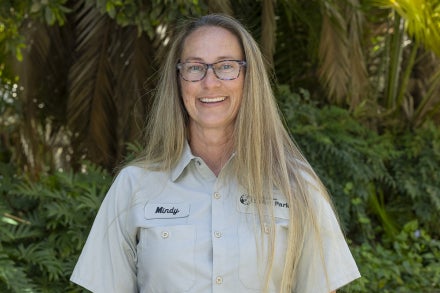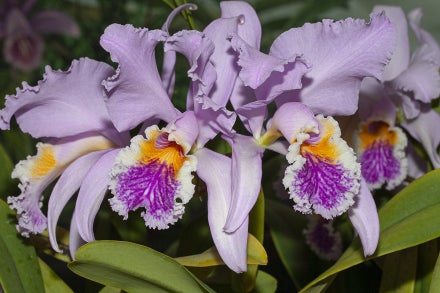
Vultures are well-known for their scavenging lifestyle. They are “obligate scavengers,” which means that carrion is their primary food source. Almost all predators will scavenge, if necessary, but vultures are the ONLY vertebrates that scavenge for every meal.
Scavenging is a very efficient and safe way to find food. Scavengers never have to catch their prey, reducing risk of injury during the chase. Predators can often be injured by their prey; a scavenger’s food is not trying to fight back. Some predators lose their prey to competitors, resulting in a large expenditure of energy with no reward (for example, lions stealing a cheetah’s kill). The main hazard while scavenging is dealing with food that may be…past its prime.

As a carcass begins to decompose, bacteria excrete toxic chemicals that begin to break down tissues. As time passes, and these chemicals accumulate, the meat becomes less safe for most scavengers to eat, but not vultures. In cases when the skin is too thick for the vultures’ beaks or there is no bodily opening or wound site from which to start eating, vultures rely on this bacterial action to make the skin easier to break into.
The main reason vultures do not get sick from eating rotten, bacteria-infested meat is due to their digestive system. Vultures have the strongest digestive acid in the Animal Kingdom. Acidity is measured by the pH scale; a pH of 0 is the most acidic, 14 is the most alkaline. The digestive acid in a human stomach measures about 2 on the pH scale, which is fairly acidic; we can digest the majority of pathogens that we consume— but not all. A vulture’s gizzard (or bird stomach) has a pH of slightly above 0, which is as strong as battery acid! Deadly pathogens such as anthrax, tuberculosis, rabies, leprosy, salmonella, campylobacter, cholera, brucellosis, botulism, and more can be dissolved in a vulture’s gizzard. This benefits other animal species by limiting disease transmission at a carcass.

Additionally, vultures have developed a tolerance to some of the bacteria that are not destroyed by the acidity of their gizzard. Some species that would kill other animals, such as poisonous clostridia or flesh-destroying fusobacteria, survive quite comfortably in the vulture large intestine. These organisms not only do not harm the birds, but they actually provide aid with digestion by breaking down nutrients, making the vultures’ digestive system more efficient.
What vultures do might not be pretty, but there is no denying that they are very good at it. They have evolved almost perfectly to fulfill a particular niche in their ecosystems. Nearly 70 percent of the world’s carrion (and the diseases accompanying it) is eliminated by vultures. It’s a dirty job, but somebody’s got to do it!
Join us in honoring vultures of all kinds on International Vulture Awareness Day, Saturday September 5, 2020. Visit our special page of things to watch, discover, and do.
Ron Webb is a senior avian care specialist at the San Diego Zoo Safari Park. Read his previous story, San Diego's Long History with Vultures.



